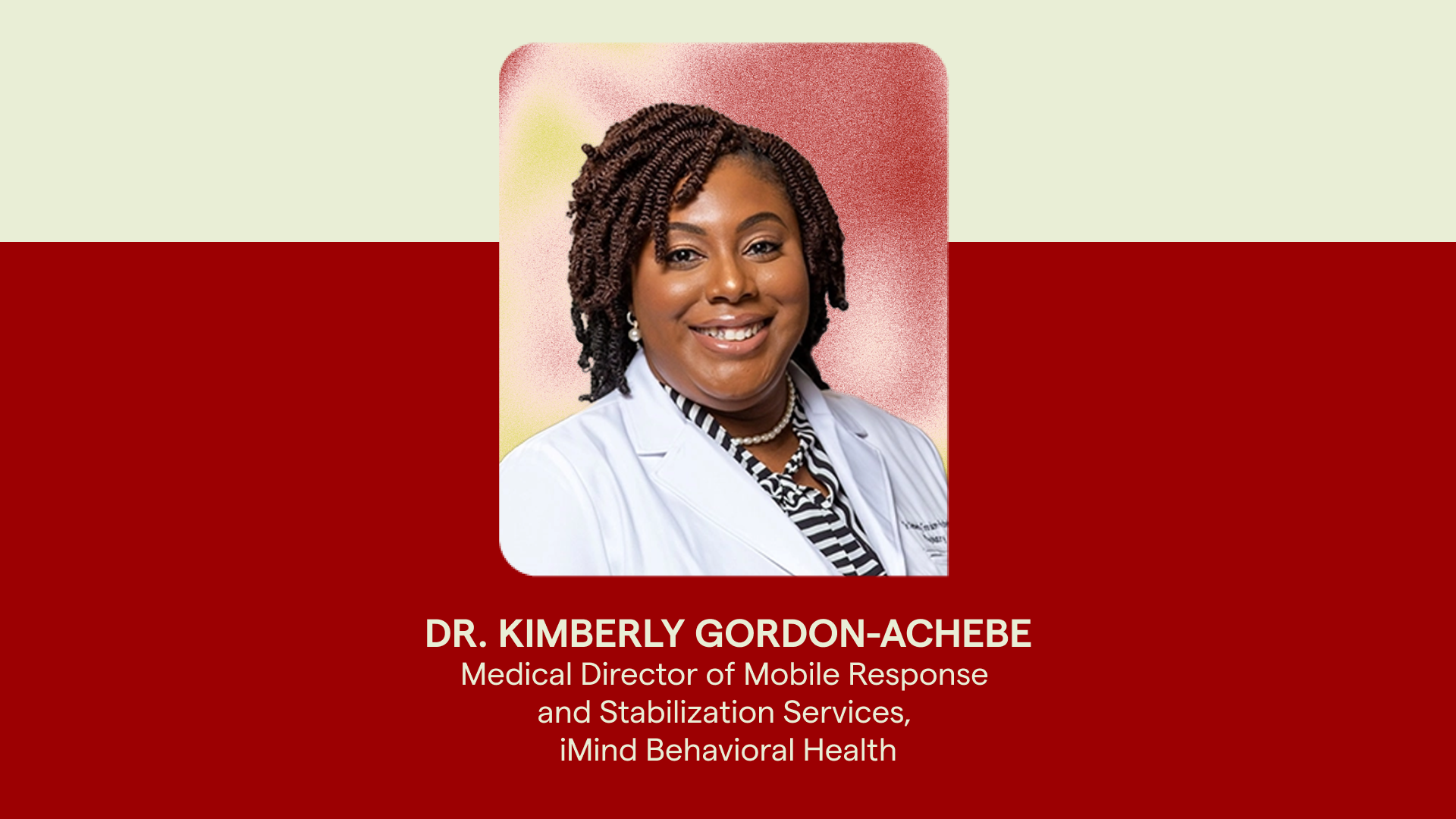
How MBC Helps Schools Meet PPM 169 Requirements
With rising mental health concerns and reports from youth, it is important that students and families are educated about, and have access to effective, evidence-based mental health resources and support. One study in Ontario revealed 38% of students rated their mental health as being poor or fair, and 37% reported experiencing elevated levels of stress (CAMH, 2024). Students who report feeling mentally well are more ready to learn, feel a stronger sense of belonging at school, and perform better academically.
The Ministries of Education and Health in Ontario issued Policy/Program Memorandum (PPM) 169, which came into effect September 2024, to solidify their commitment to building a continuum of mental health and addictions care in schools across the province, community-based child and youth mental health providers, and hospitals. As schools work to meet these new requirements, Measurement-Based Care (MBC) can play a vital role in helping them implement effective, data-driven mental health support for students.
What is PPM 169?
PPM 169 outlines requirements for school boards and school authorities to provide culturally responsive, evidence-informed student mental health promotion, prevention, and early intervention supports and services that recognize students as individuals with diverse needs and experiences. This memorandum emphasizes the importance of school boards collaborating within the broader provincial system to ensure clear pathways between more intensive community and hospital-based mental health services, when necessary.
How to Ensure You’re Compliant with PPM 169
The Ontario government outlines 11 requirements expected for school boards, that we briefly describe below. For more information on the requirements of PPM 169, see the full document.
- Clear Strategy & Action Plan: Every school board must develop and implement a three-year mental health and addictions strategy and one-year action plan that includes a minimum, a comprehensive framework that includes the requirements outlined in this PPM and how each component will be evaluated and measured.
- Collaboration: School board leadership is expected to actively engage with and collaborate on local planning related to student mental health and wellness, and a description of this collaboration should be detailed in the school board’s one-year action plan.
- Multi-Tiered Support: School boards will use a Multi-Tiered System of Supports (MTSS) approach to delivering school-based mental health services. This requires the availabililty of a continuum of services to students, including mental health promotion, early identification, prevention and early intervention, and service pathways/clinical support for more intensive mental health needs.
- Evidence-Based Measurement & Reports: Regulated school mental health professionals will utilize evidence-informed brief interventions and standardized measurement tools, otherwise known as Measurement-Based Care (MBC) that align with their scope of practice and regulatory obligations for privacy and reporting. By regularly tracking outcomes throughout care, school-based providers and their students are empowered with the data necessary to collaborate on treatment goals and changes, identify deterioration and stagnation, and to reflect on progress made.
- Comprehensive Protocols: All school boards will work with their local community mental health and healthcare partners, including indigenous partners and communities, to regularly update and enhance their board’s suicide prevention, intervention, and postvention protocols, and all school administrators and educators must have working knowledge of these protocols.
- Accessible Delivery: School boards should use an in-person mode of delivery for mental health supports when possible, and remote mental health services using a virtual care platform that meets provincial standards for Information & Information Technology solutions can be used when needed.
- Educational Resources: School boards will support learning and share evidence-informed resources on mental health and addictions with educators and school staff, so they can embed mental health promotion and substance use prevention into the education experience for students and help to foster safe and welcoming environments.
- Revised Curriculums: School boards will implement ministry-approved, teacher-led and culturally responsive mental health literacy learning modules for students in Grades 7 and 8 that align with the existing curriculum expectations, and for students enrolled in the Grade 10 Career Studies course that align with the revised mental health literacy expectations.
- Education & Engagement Opportunities: School boards will provide family mental health literacy resources to ensure that families have access to high quality information, including educational and engagement opportunities for families through school community outreach efforts.
- Social-Emotional Learning: Schools are expected to continue instruction of social-emotional learning skills embedded in the Ontario curriculum, including identification and management of emotions, recognizing sources of stress and coping with challenges, maintaining positive motivation and perseverance, building healthy relationships, developing self-awareness and confidence, and thinking critically and creatively.
- Mental Health Absences: If students are unable to attend school due to a mental health concern, their absence must be excused under s. 21(2)(b) of the Education Act.
How Greenspace Can Help: The Power of Measurement-Based Care
Schools are a vital setting to promote mental health, prevent issues before they start, and provide information and self-guided resources. Educators and school counsellors can leverage Measurement-Based Care (MBC) to effectively meet PPM 169 requirements for standardized measurement, while also accessing valuable insight into the challenges students are facing, identify those at risk, and proactively offer appropriate support and resources. We’ve briefly highlighted some of the ways MBC can impact student mental well-being below.
1. Objective Assessment: Greenspace’s MBC solution offers automatic assessment delivery with over 350+ customizable assessments, providing a personalized, objective assessment of each student’s mental and emotional well-being. School mental health professionals can leverage these insights to align with Policy/Program Memorandum (PPM) 169 requirements, track service impact, and make data-informed decisions to improve treatment and better support students.
2. Early Identification & Prevention: Counsellors can identify students at risk of developing mental health challenges and provide appropriate preventative measures or additional intensive support to avoid the deterioration of their symptoms.
3. Informed Care: With a complete picture of symptoms identified through MBC, mental health professionals can effectively triage to determine the most appropriate resource to offer each student, which is valuable when leveraging MTSS. Students can be provided with access to a range of self-guided resources, or be referred to long-term counselling, community support, or hospital-based programs as needed.
4. Giving Youth a Voice: Through independent assessments, MBC helps students get a better understanding of their symptoms and empower them with the ability to share this information with counsellors. MBC can foster communication between students, parents, mental health professionals, and school staff, informing all relevant stakeholders of the symptoms, challenges, and pertinent next steps to help students improve clinical outcomes.
Wrapping up
The impact of MBC in school settings has been proven to directly improve student mental health and well-being when implemented effectively. Greenspace currently has 24 partnerships with school boards across North America, along with many other school-based service organizations that offer student mental health programs and school intervention services.
To learn more about how Measurement-Based Care can be implemented at your educational institution to achieve PPM 169 requirements, book a call with one of our implementation experts or reach out anytime at info@greenspacehealth.com.














